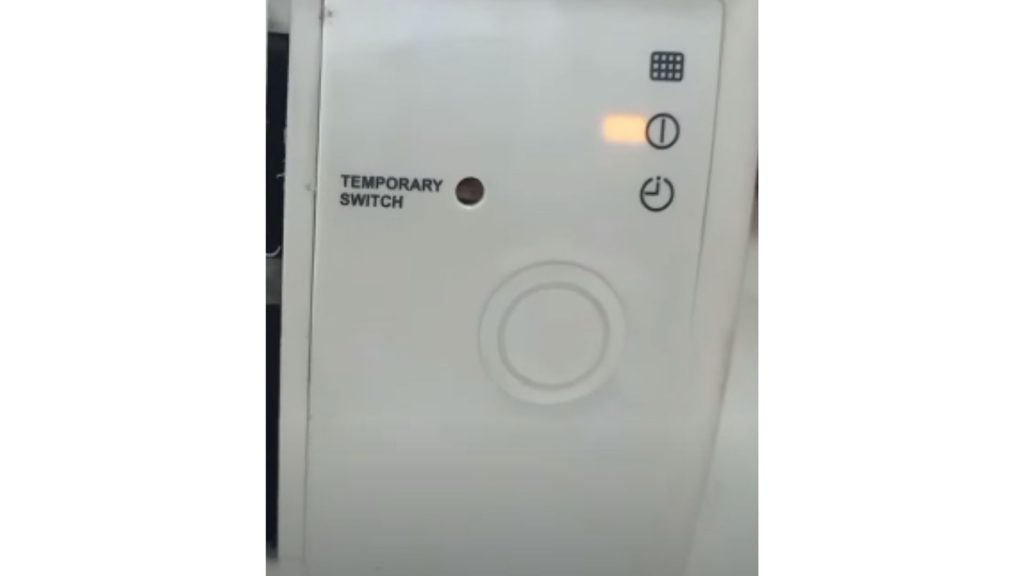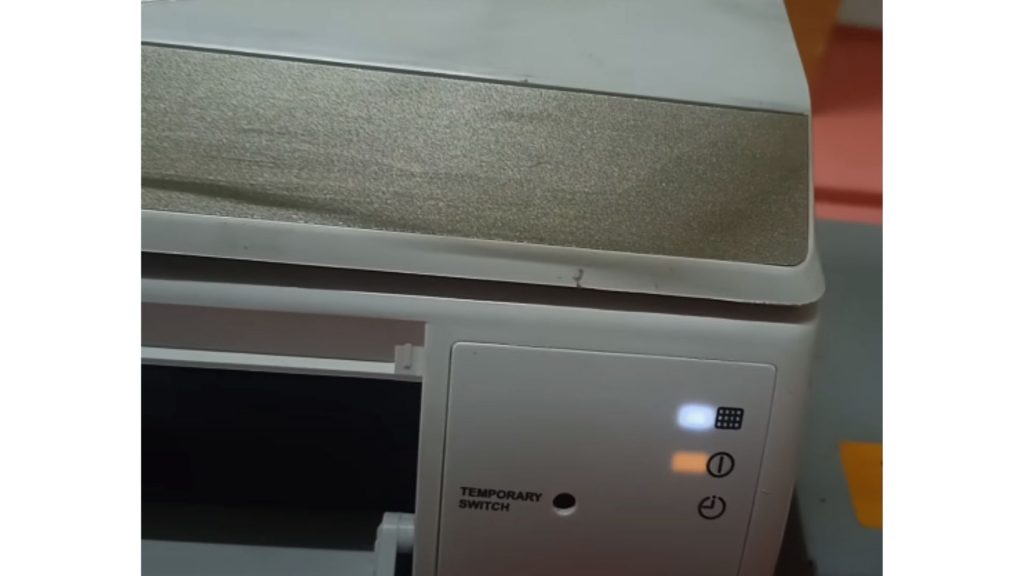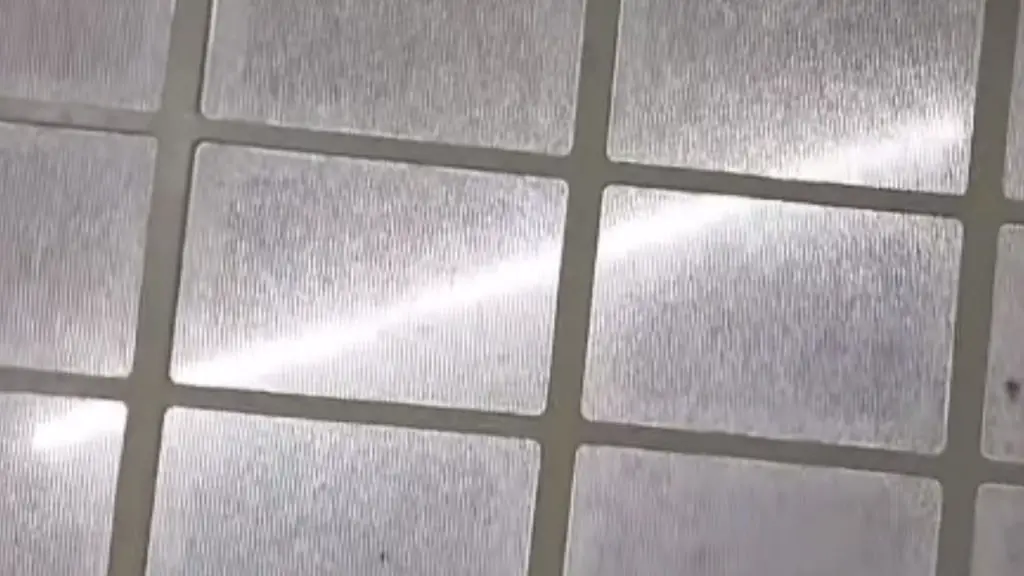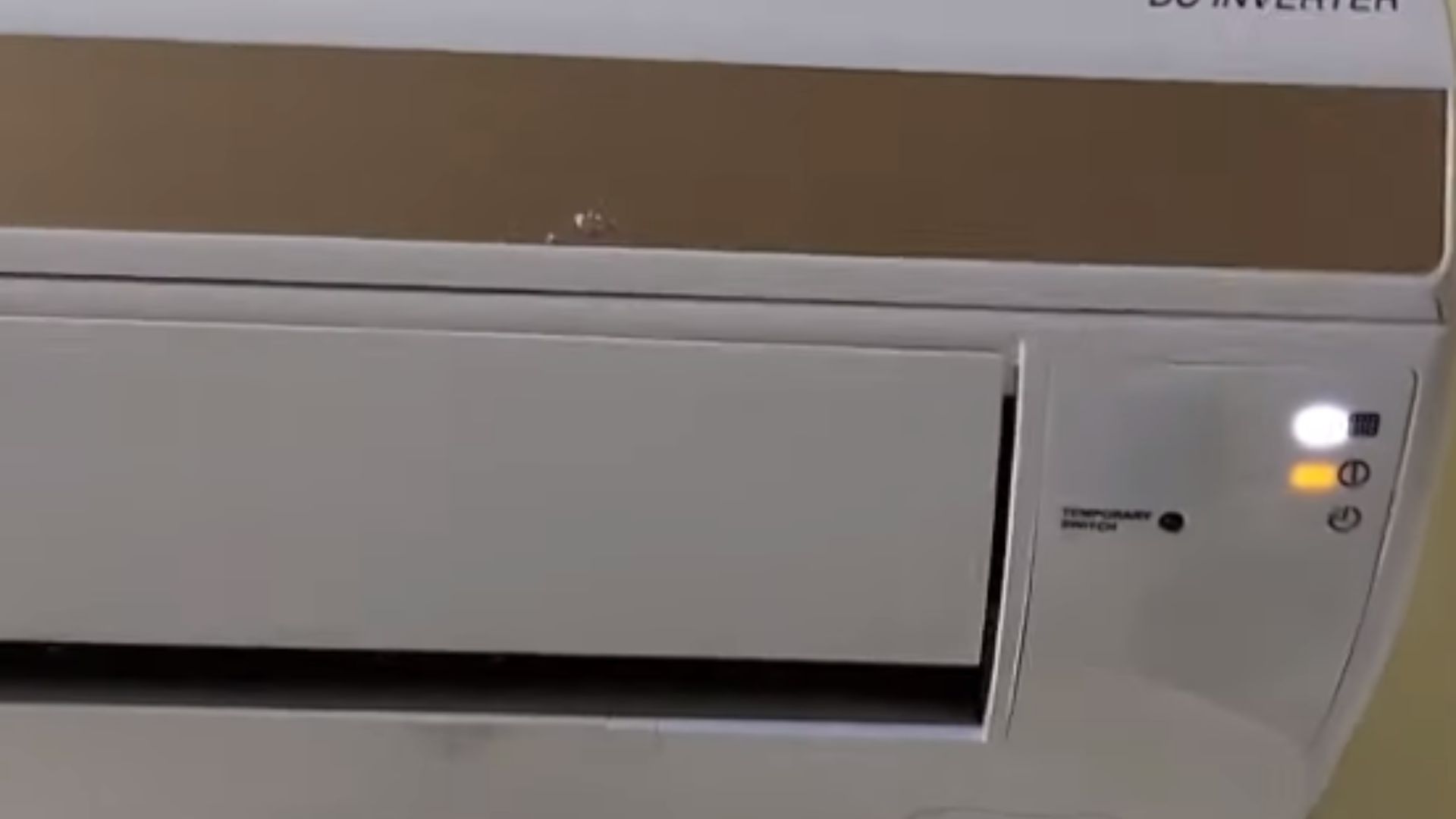Modern air conditioners are so sophisticated that most people don’t give flashing lights on AC units a second thought. They attribute those lights to the unit’s many functions. But that attitude is dangerous because some of the lights on the AC signify trouble.
Why Does My Hitachi AC Flashing Light?
Hitachi air conditioners have manuals that explain the reasons why the devices flash. If you don’t have a manual, watch out for the following factors:
1). This Hitachi Home Appliances manual expects flashing when the defrost works in heating mode. The yellow lamp will also blink because of the pre-heating mechanism.
2). Hitachi units have a timer light that blinks when the indoor heat exchanger temperature rises past a certain threshold in cooling mode. Additionally, the LED will flash because the temperature is too low in heating mode.
3). Pay attention to outdoor units under forced operation because they will cause the timer light to flash. Look for defective outdoor unit components.
4). Signal interruptions will lead to flashing.
5). Defective thermistors (Room and heat exchanger) can lead to flashing.
6). Is your fan motor overcharged? Overcharging happens because of a faulty motor, defective control board, and a locked indoor fan, leading to a flashing timer light.
7). The AC unit’s LEDs will flash because you used the remote. Hitachi air conditioners have remotes. But if you misplace them, Hitachi includes a switch that can work in the remote’s place.
The lights will flash if you turn the AC on using the remote after deploying the switch. Fortunately, you can eliminate the flashing light by pressing the switch.
8). Some AC lights blink because the unit is working. The blinking LED is good because it shows everything is fine. Use the manual to confirm your suspicions. Does it say anything about a working air conditioner manifesting flashing lights? If it does, you should stop panicking.
9). In many cases, flashing signifies errors. Errors in Hitachi appliances can originate from various sources, including cables with loose connections, poorly connected terminating resistors, air cleaners that require washing, EEPROM failure, high duct resistance, low fan speed, communication faults, and more.
Blinking lights are easy to decipher when they come in different colors. If your unit has one light, and it flashes the same color each time, count the number of flashes. This will tell you the error code to look for in the manual.
Ensure you have performed some basic troubleshooting before hiring a technician to interpret your blinking lights. For instance, look for signs of poor air circulation, leaking refrigerant, and loose electrical wiring.
If the lights are blinking because something went wrong, solving the problem will eliminate the flashing.
Hitachi AC Flashing Different Lights And Troubleshooting Tips
The guide below has provided some vital troubleshooting tips that everyone must know to use and maintain their Hitachi AC unit. If you encounter any of these lights, you will know what to do:
Hitachi AC Flashing Orange/Timer Light – Why?

- Temperature is too high or low.
- Defective reverse valve
- Thermistor is disconnected
- Interrupted interface signal
- Outdoor unit under forced operation
- Defective interface circuits
- Defective outdoor unit components
- Defective room thermistor
- Defective exchanger thermistor
- Bad indoor fan, motor, or control board
- Data reading error
The orange light on a Hitachi unit is usually the timer light. If your manual doesn’t say anything about orange LEDs, look for the timer light in the document to understand the meaning of the flashing orange light. Because a flashing orange light has numerous definitions, count the number of flashes to get a better sense of what the LED means.
How To Fix It?
You can’t solve this issue by yourself. Sometimes, the AC unit flashes orange because of the remote settings. In that case, you can follow the procedure Fixya has highlighted. However, that is the best-case scenario. The orange light tends to flash because of serious hardware faults, for instance:
- The reverse valve can develop a defect, leading to extreme indoor heat exchanger temperatures (too high or too low). This problem can also develop because the thermistor is disconnected. A technician can either fix or replace the reverse valve.
- An outdoor unit under forced operation signifies a fault. The technician can identify and replace the faulty parts.
- A defective interface circuit can lead to signal interruption. A technician can diagnose and fix a faulty interface.
- Technicians can fix faulty outdoor unit components.
- A short circuit can damage the room and heat exchanger thermistors. A professional can perform repairs.
- An expert can determine the source of an overcharged fan motor, which includes locked indoor fans, defective control boards, and malfunctioning fan motors.
As you can see, you need help. The layperson doesn’t even know what a thermistor looks like, let alone how to fix it. You are better off sending the appliance back to Hitachi. Depending on what your warranty says, they can either troubleshoot and resolve the orange light or provide a replacement.
Hitachi AC Blinking White Light 4, 7, 9 Times – Why?
Hitachi AC blinks white light when you use the filter for longer than the manual recommends. The alert wants to remind you to clean the component before the functions of the AC unit deteriorate.

Some other issues include:
- Failed outdoor unit thermistor
- Overheating because of a clogged outdoor condenser coil
- The AC has entered cleaning mode
- Faulty indoor air return sensor
- Clogged or dirty evaporator coil
How To Fix It?
Locate the filter button on your remote and press it. It will remove the white light from Hitachi AC. But I suggest you clean the filter first before pressing the filter button.

- Reset the unit. Turn the power off using the breaker. Wait ten or fifteen minutes before turning the power on. A reset can eliminate basic electronic glitches and error codes.
- Replace faulty indoor air return sensors.
- Clean the evaporator coil.
- Clean the condenser coil.
- Replace defective outdoor unit components.
- Replace defective thermistors
Hitachi AC Blinking Green Light 3, 4, 9, 10, 12 Times – Why?
The green LED is an air cleaner alert.
It is not uncommon for Hitachi LEDs to flash because of defective interface circuits, faulty outdoor unit components, short-circuited thermistors, and malfunctioning fans, motors, and control boards. But the air cleaner is the first culprit technicians consider when they see a green light.
How To Fix It?
You can shut the light off by resetting the unit. You don’t have to clean the filter, especially if you’ve already inspected the part. But it makes more sense to clean or replace the filter. If that doesn’t work, a reset will turn the green LED off. You can replace every other faulty component, including the fans, motors, and thermistors.
Hitachi AC Blinking Red Light Blinking 3, 4, 5, 7, 9, 12 Times – Why?
Some Hitachi models use the red light to warn consumers when it’s time to clean the filter. This can create confusion if you’re accustomed to Hitachi AC units that use the green LED as an air cleaner alert. The manual will provide clarification.
The document may point to poorly connected terminating thermistors or loose cables as potential sources of the blinking red light.
How To Fix It?
- Make the connections firm.
- Make sure the terminating resistors are connected properly
- Make the cable connector firm
- Wash the air cleaner
- Replace faulty sensors
- Fix or replace the control board
If the red light is an air cleaner alert, you can press the filter button on the remote to make it go away. Although, you are better off taking this step after cleaning the filter.
Don’t expect every Hitachi unit to flash the red light a different number of times. For many models, the number of flashes doesn’t matter.

